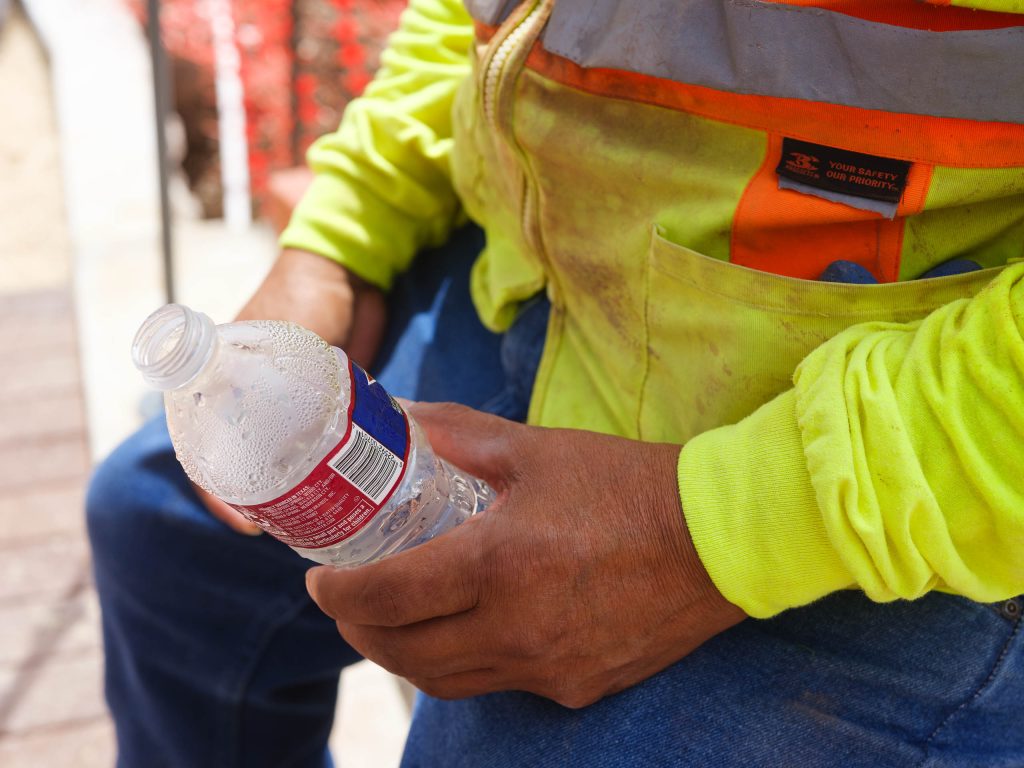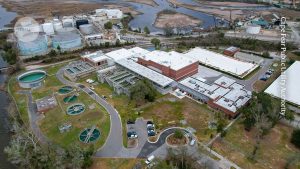It also allowed individuals and businesses to sue a municipal government to remove rules or ordinances on the books in violation of that policy — meaning local governments would need to scrub some existing policies or risk legal action.
Because of its potentially wide-ranging effects, opponents dubbed it the “Death Star bill,” and several of the state’s major cities filed a joint lawsuit to stop it.
While supporters of the law say the state’s GOP-controlled Texas Supreme Court will ultimately rule in their favor, those challenging it contend that an August 2023 ruling from a Democratic judge in Travis County has given them all the power they need to resume passing ordinances the law might otherwise restrict.
“We still have the district court ruling that said it was contrary to the Texas Constitution,” said Andy Segovia, the city attorney for San Antonio, which was among the cities that sued.
Segovia said that if the city receives a complaint about an ordinance that’s out of compliance with HB 2127, it would ask a court to hold onto it until the appeals process runs its course. So far, he said, no businesses have tried.
“What we would do is ask the court to hold it in abeyance … which we would think most courts would do,” Segovia said. “[That’s] why not only the city of San Antonio, but I don’t think any other Texas city has seen a real HB 2127 claim yet.”
Business as usual
The idea for a broad preemption law came after a handful of city-led initiatives sought to regulate business at the local level in Texas, through ideas like paid sick leave ordinances, predictive scheduling mandates and plastic bag bans.
The legislature had been working to retroactively stamp out such proposals at the state level as they arose, but HB 2127 was intended to do so at scale, eliminating what lawmakers called a “patchwork” regulations from city to city.
As the Gov. Greg Abbott-backed bill made its way through the legislative process, San Antonio city leaders paused plans on a handful of ordinances they thought might be at odds with it: Restricting horse-drawn carriages from operating downtown, mandating heat protections for outdoor workers and banning 18-wheelers from parking on city streets.
San Antonio City Council passed a ban in December of horse-drawn carriages on city streets by 2030. Credit: Bria Woods / San Antonio Report But after a Travis County judge sided with the cities just days before the law was expected to take effect, much of that work has since picked back up.
San Antonio passed its ban on horse-drawn carriages at the end of last year, the first Texas city to do so. This month it also approved its planned 18-wheeler parking restrictions — an idea that was held up as an example of policies cities would no longer be able to pursue.
“The governor and state legislature will undoubtedly continue their attempts to thwart local control, but San Antonio will stay vigilant in its fight to protect the voice and power of our residents,” Mayor Ron Nirenberg said in a statement after the Travis County ruling.
Statewide, James Quintero, policy director for the right-leaning Texas Public Policy Foundation’s Taxpayer Protection Project, said that public information requests his organization filed with the state’s 20 largest cities and counties indicated that none of them had taken any action to comply with HB 2127.
“The city of Dallas actually has a laundry list over 100 rules and regulations that it said during the 2023 process that it was going to potentially either have to rework or jettison entirely,” Quintero said.
Instead, he said, “not only have [cities and counties] not complied with the law as they should, but they’re also taking on extra stuff.”
A new court for state laws
To HB 2127’s powerful supporters, the lack of compliance is a confounding problem.
Everyone from the governor to the now-Texas House Speaker supported the bill last session, and Republicans have total control the high courts that will likely have the final say.
House Speaker Dustin Burrows (R-Lubbock) during a visit to San Antonio Christian School in February. Credit: Brenda Bazán / San Antonio Report The bill’s author, House Speaker Dustin Burrows (R-Lubbock), said after the lower court’s ruling that the decision by a Democrat judge in Texas was “not worth the paper it’s printed on ” and “should deter no Texan from availing themselves of their rights when HB2127 becomes law on September 1, 2023.”
“The Texas Supreme Court will ultimately rule this law to be completely valid,” Burrows said.
But despite the GOP’s best efforts to speed things along, the case is held up in a regional appeals court that the state has since stripped of some of its power.
Last session the legislature created a new venue to pull cases with statewide interest — such as those challenging state law — out of regional appeals courts where Democrats still hold some power, and into a new statewide appeals court with judges appointed by the governor.
The new Fifteenth Court of Appeals would have potentially fast-tracked a decision on HB 2127. But according to the San Antonio city attorney’s office said, the state’s appeal was filed two days before it was allowed to start accepting cases.
That dynamic is precisely “why the business community was clamoring for the creation of specialized business courts,” Burrows said.








